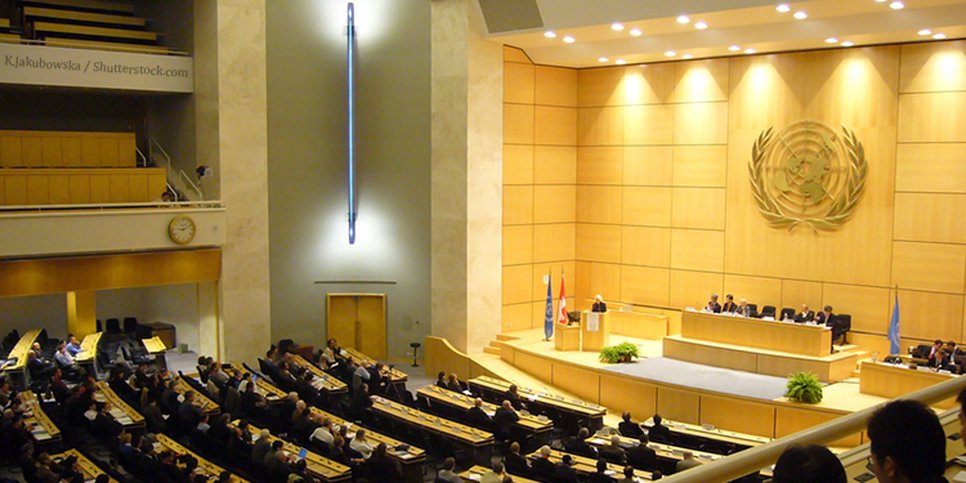UN: Russia continues to infringe on the rights of Jehovah's Witnesses
United States of AmericaThe UN Representative on Religious Freedom, Heiner Bielefeldt, negatively assessed the situation in this area in Russia. The report of the 113th session of the UN states that Russian courts erroneously apply the new law "On Countering Extremist Activities" against Jehovah's Witnesses.
A recent report by the UN Human Rights Committee (HRC) stated: "Russia continues to restrict ... freedom of religion, including that of Jehovah's Witnesses." Mr. Bielefeldt noted that freedom of religion was one of the fundamental and inalienable freedoms that could not be restricted even in a state of emergency.
At the 113th session, the HRC published a report stating that Russia is not fulfilling its obligations as a party to the International Covenant on Civil and Political Rights. The Russian authorities, while paying lip service to protecting the freedom of religion of their citizens, continue to aggressively enforce the law "On Countering Extremist Activity" against Jehovah's Witnesses. After a series of amendments a few years ago, this law has become a convenient tool in the hands of individual officials who decided to settle scores with arbitrarily selected religious associations.
The UN draws attention to the fact that in the new edition, the Russian law on extremism has become extremely vague. This allowed the courts to easily repress religious and any other organizations, simply by finding the right "experts" who would sign the analysis of literature or oral statements. This policy has already led to curious consequences, such as a lawsuit to ban the Bible (currently pending in the Vyborg City Court), as well as a ban on the official website of Jehovah's Witnesses, which has no analogues in any country in the world. In the spring of 2015, for the first time, in violation of all legal norms, the Russian authorities banned the import into the country of all literature of Jehovah's Witnesses without exception, even those that had never been on the "forbidden" lists. It is especially paradoxical that the faithful were not allowed to import even the universally recognized Synodal translation, which is used by the Orthodox Church!
Jehovah's Witnesses found themselves in this situation about two years ago, when religious persecution across the country intensified dramatically. Yevgeny Bobrov, Deputy Chairman of the Human Rights Council under the President of the Russian Federation, explains: "In the last two years, in the process of intensified struggle against sects and the search for extremists among their adherents, almost all dissidents have been persecuted. Members of such groups are often subjected to arbitrary detention and searches. Their meetings are dispersed and worship services are disrupted for no reason."
But there was also good news. For example, in May 2015, the Russian Ministry of Justice reinstated the rights of Jehovah's Witnesses in Moscow, and on June 3, 2016, in Arkhangelsk, the court refused to liquidate the local organization of Jehovah's Witnesses at the request of the prosecutor's office. Alas, these events may be the exception rather than the rule. According to some experts, such steps may only be intended to reassure the public, mainly abroad. Time will tell how much the Russian authorities are ready to respect the rights and beliefs of their citizens.
